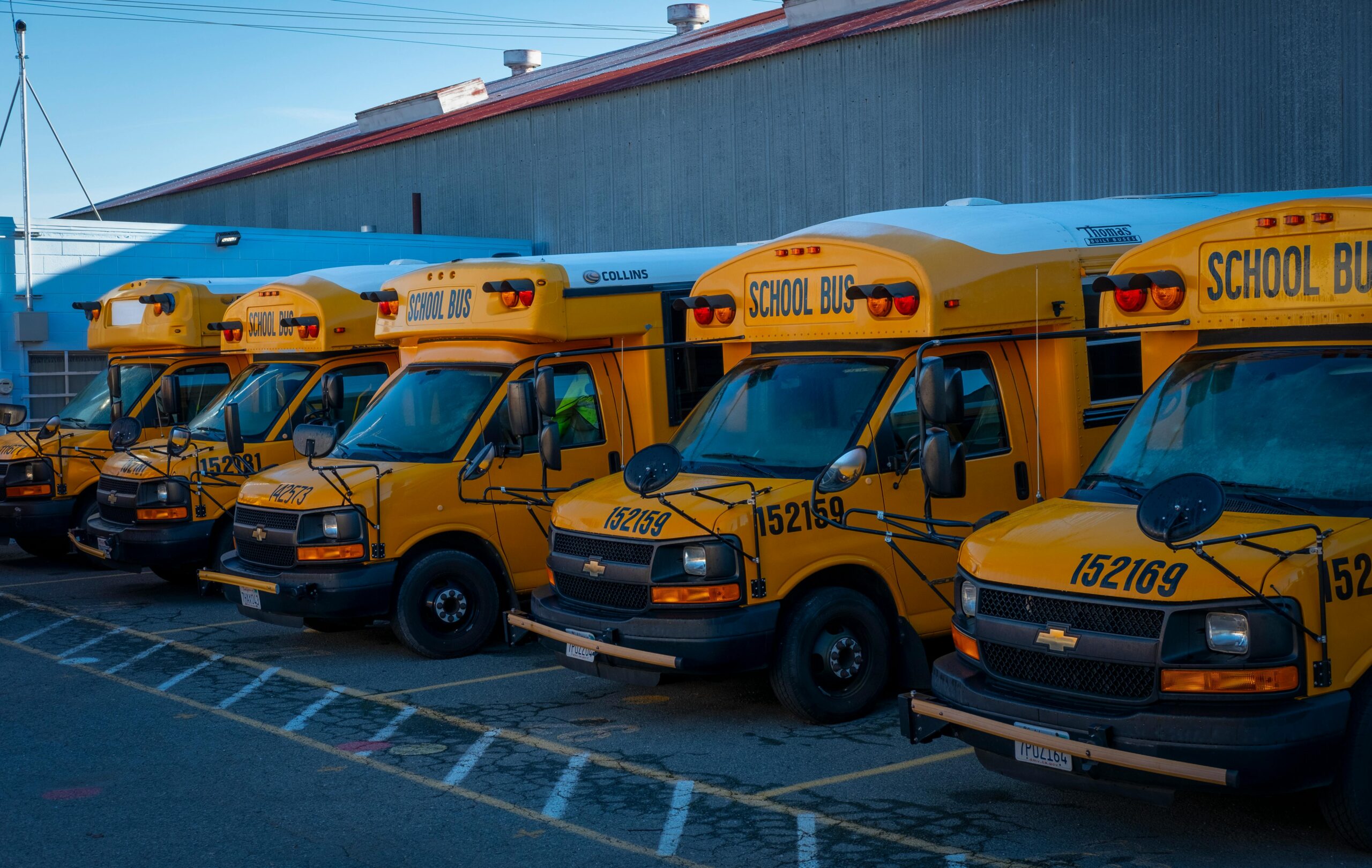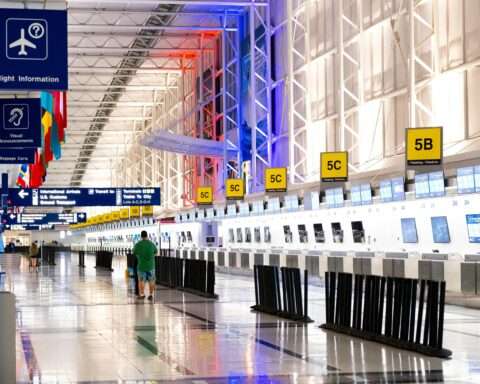The federal government is seeking to expand the country’s electric and hydrogen vehicle fleets and is awarding hundreds of millions to state and regional agencies to make it happen.
The Environmental Protection Agency (EPA) is unveiling a first-ever installment through the Clean Heavy Duty Vehicles Grant Program (CHVP), which will include more than $735 million in funding to expand the nation’s clean, zero-emissions vehicle fleet. Spanning multiple U.S. states, territories and tribal nations, this initial federal funding will advance the national transition to clean power and incentivize the usage of alternative fuels in the transportation sector.
“To tackle the climate crisis, we have to slash pollution from every sector, including heavy-duty transportation,” Senior Advisor to the President for International Climate Policy John Podesta said in a press release. “Today’s awards from the EPA will create good-paying jobs, make our communities healthier and protect our planet.”
RELATED: California receives $500 million to decarbonize freight sector
The CHVP initiative was created to address the overwhelming majority of internal combustion engines in heavy-duty vehicle operations. Funded by the Inflation Reduction Act of 2022, the program specifically supports the replacement of eligible Class 6 and Class 7 school buses and vocational vehicles, including box trucks, cargo trucks, public transit vehicles, refuse and recycling haulers, step vans and utility and emergency vehicles.
The grants in this round will finance the purchase of more than 2,400 of these vehicles, including electric and hydrogen-powered vehicles, as well as the installation of charging stations and the training of workers to maintain and deploy these technologies.
A significant portion of the funding, approximately 70%, will go toward the replacement of diesel school buses with clean, electric and hydrogen alternatives. While also supporting the federal Justice40 Initiative, the program vows a large portion of the direct benefits of emissions reduction to communities that have been historically underserved, either economically, socially or environmentally.
The EPA anticipates delivering this round’s largest award, $60 million, to the North Central Texas Council of Governments (NCTCOG). Through the investment, the council will distribute program rebates to replace around 230 vocational vehicles with electric and hydrogen-based alternatives.
NCTCOG plans to reconfigure its fleet with the purchase of zero-emissions vehicles, including replacements for box trucks, step vans and refuse haulers, and develop infrastructure buildouts to support electric charging and hydrogen cell refueling stations. The grant will also be used to create a regional workforce development plan, programmatic priorities and training sessions to educate the workforce on zero-emission vehicles.
Another award from the EPA, $35 million, will benefit Boston Public Schools, intending to rejuvenate its school bus system. The district plans to replace 125 Class 7 heavy-duty diesel and propane school buses with electric units, including matching direct current fast chargers with advanced load management and sharing capacity.
Outside of those two projects, the highest-awarded grantees, anticipated funding allocations and expected total of vehicle replacements are as follows:
- Montgomery County Public Schools, Maryland – $58.4 million to replace 214 school buses.
- Office of the Governor, Commonwealth of the Northern Mariana Islands – $48.7 million to replace 44 emergency vehicles, refuse haulers, vocational vehicles, transit buses and utility vehicles.
- Utah Department of Environmental Quality, Utah – $42 million to replace 120 school buses.
- New York City School Bus Umbrella Services, Inc., New York – $39 million to replace 133 school buses.
- South Coast Air Quality Management District, California – $33.9 million to replace 126 vocational vehicles, step vans and box trucks.
- South Coast Air Quality Management District, California – $24.8 million to replace 74 school buses.
- Howard County Public School System, Maryland – $24.5 million to replace 75 school buses.
- Los Angeles Unified School District, California – $20.4 million to replace 50 school buses.
Finalizing these awards early next year, the EPA will work with selected applicants to complete all legal and administrative requirements associated with the program prior to fund dispersal. The start of project work will depend on the scope of each project, but it is anticipated to begin over the next three years.
More information and resources on the federal clean heavy-duty vehicle initiative can be found on the EPA’s program overview webpage.
The CHVP initiative also complements the EPA’s Clean School Bus Program, which recently made nearly $1 billion in rebates available for service providers to install clean buses and infrastructure. Together, these initiatives represent a coordinated federal effort to decarbonize the transportation sector, create good-paying jobs and improve public health, especially in historically underserved and disadvantaged communities.
Photo by David McElwee













